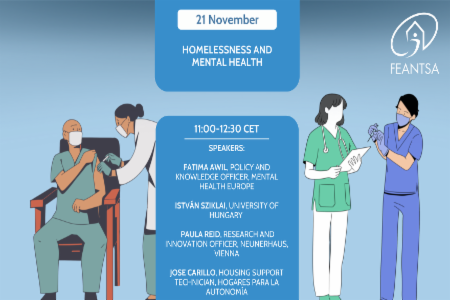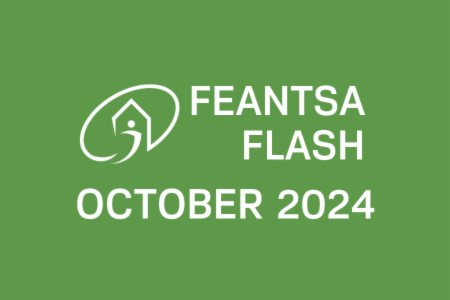Trauma is widely recognised as one of the most pressing public health issues. From neuroscience to developmental psychology, what we have learnt about trauma and its long-lasting effects allows us to better understand how trauma impacts on emotions and behaviours, and it opens up new opportunities to work with people who have often been rejected by services because of their complex needs or behaviour. We can now understand behaviour as a response to the effects of trauma and consider them as ‘normal responses to abnormal stress,’ rather than as deviances or failures. It is often described as asking the question what happened to the person rather than what is wrong with them.
The idea behind dedicating a Magazine to the issue of trauma was to bring it in the forefront. The costs of ignoring trauma is high. It can take a huge toll on people’s lives and result in people cycling in and out of prisons, hospitals, street and homelessness services. Developing trauma-sensitive services does not require enormous resources, but requires change in the way organisations work.
This magazine contains the following contributions:
- Editorial: Dalma Fabian, FEANTSA
- Homelessness and Adverse Childhood Experiences: Nikoletta Theodorou and Sarah Johnsen, Institute for Social Policy, Housing and Equalities Research (I-SPHERE) & Heriot-Watt University
- Choking Up: Adam Burley, NHS Scotland
- Women's Habitat - Taking a Trauma-Informed Approach to Helping Survivors of Violence: Silvia Samsa, Women's Habitat
- The PIE Approach: A Creative and Effective Way of Working with Rough Sleepers and Homeless People with Histories of Compound Trauma: Peter Cockersell, Community Housing and Therapy
- Philadelphia: A Trauma Informed City: Cath Gilliver, Independent Researcher & 2016 Winston Churchill Fellow
- Signs of Possible PTSD among Homeless People: Boroka Feher and Andrea Szabo, BMSZKI
- A Recovery Approach to Addressing Trauma: Emilie Labeyre and Aurelie Tinland, Rough Sleeper Mental Health Outreach Team





